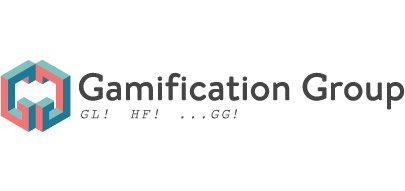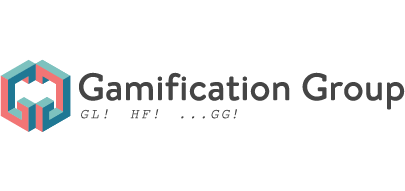How motivational feedback increases user’s benefits and continued use: A study on gamification, quantified-self and social networking
Many of the systems, services or mobile apps we use nowadays can be thought of as motivational. Consider an exercise app like Fitocracy or a language learning app like Duolingo. The apps use features like collecting points, earning badges, performance tracking, competition, connecting with friends and leaderboards to nudge you to exercise more or to learn a language.
Over time, three main classes of motivational features started to be heavily used in the design of modern systems and services. The first is gamification which includes the introduction of features often considered characteristic to games such as points, badges, and leaderboards to non-gaming contexts. The second is social networking design which includes features that help to connection people together like friending, messaged, and newsfeeds. The third is quantified-self which includes features that help you track your performance over time so you can optimise it through features such as movement tracking, visualisation of performance in graphs and wearables such as wristband.
Each of these classes of motivational design are expected to be offering the users something of value and perhaps different from one another. Gamification is often emotional, meaning that it aims to offer users affective experiences such as of enjoyment or flow. Social networking features facilitate social experiences such as those of relatedness or belonging, Finally, quantified-self provides users with information about themselves and what interests them. Little research, however, has looked into what these classes of motivational design offer the user and whether the user would see benefit in what the features offer.
This research looked into the types of feedback (affective, social, or informational experiences) that the users of the three classes of motivational design are likely to experience. We further investigated whether these types of feedback can make users perceive benefits from the use of the systems in questions or prolong their use of such systems. We employ survey data (N=167) gathered from users of HeiaHeia; an exercise encouragement system that employs features belonging to the three design classes and analysed the data using structural equation modeling.
The results of this research show that gamification is positively associated with experiences of affective feedback. Quantified-self is positively associated with experiences of both affective and informational feedback and social networking design is positively associated with experiences of social feedback. Perhaps the most interesting finding here is that “cold, hard” information provided by quantified-self is not only informational but emotional. Often, when we see information about how far we have ran or how we have learned something well, we feel an emotional response as well as feeling perhaps more informed as is reflected by our findings.
Experiences of affective feedback are specifically strongly associated with user perceived benefits and continued use intentions, whereas experiences of informational feedback are only associated with continued use intentions. Experiences of social feedback had no significant relationship with neither.
Overall, this research highlights that emotional experiences are strong contributors to the benefits users perceive from systems, perhaps as important of contributors or even more important than “cold” information is. If designers want systems that appear of increased benefits to users or that are used for a long time, there is value in investing in affective designs such as gamification.
How motivational feedback increases user’s benefits and continued use: A study on gamification, quantified-self and social networking
Antonio Dias
Reference: Hassan, L., Dias, A., & Hamari, J. (2019). How motivational feedback increases user’s benefits and continued use: A study on gamification, quantified-self and social networking. International Journal of Information Management, 46, 151-162.
Please see the paper for full details:
Abstract
With the increasing provenance of hedonic and social information systems, systems are observed to employ other forms of feedback and design than purely informational in order to increase user engagement and motivation. Three principle classes of motivational design pursuing user engagement have become increasingly established; gamification, quantified-selfand social networking. This study investigates how the perceived prominence of these three design classes in users’ use of information system facilitate experiences of affective, informational andsocial feedback as well as user’s perceived benefits from a system and their continued use intentions. We employ survey data (N=167) gathered from users of HeiaHeia; an exercise encouragement system that employs features belonging to the three design classes. The results indicate that gamification is positively associated with experiences of affective feedback, quantified-self with experiences of both affective and informational feedback and social networking with experiences of social feedback. Experiences of affective feedback are further strongly associated with user perceived benefits and continued use intentions, whereas experiences of informational feedback are only associated with continued use intentions. Experiences of social feedback had no significant relationship with neither. The findings provide practical insights into how systems can be designed to facilitate different types of feedback that increases users’engagement, benefits and intentions to continue the use of a system.




Sorry, the comment form is closed at this time.